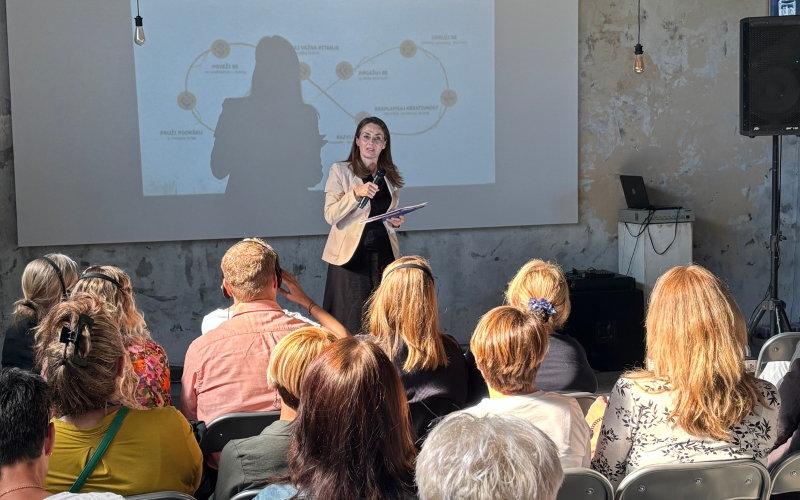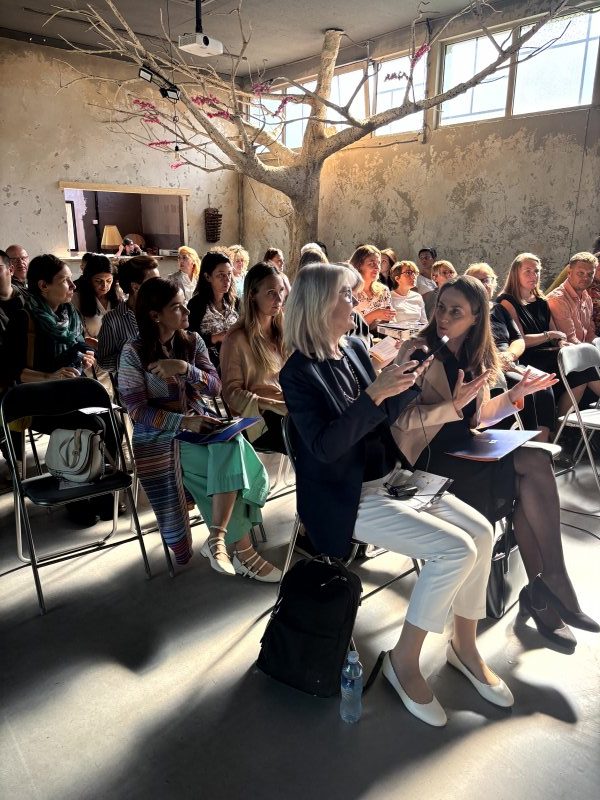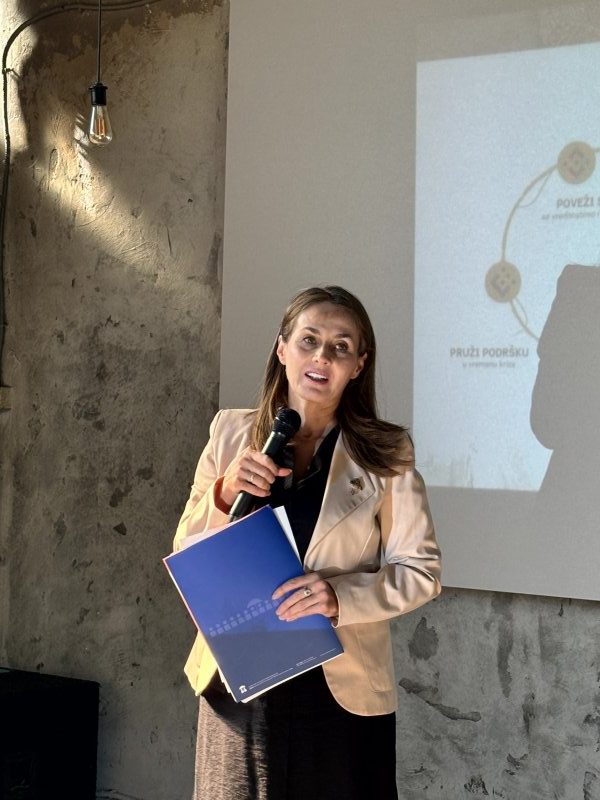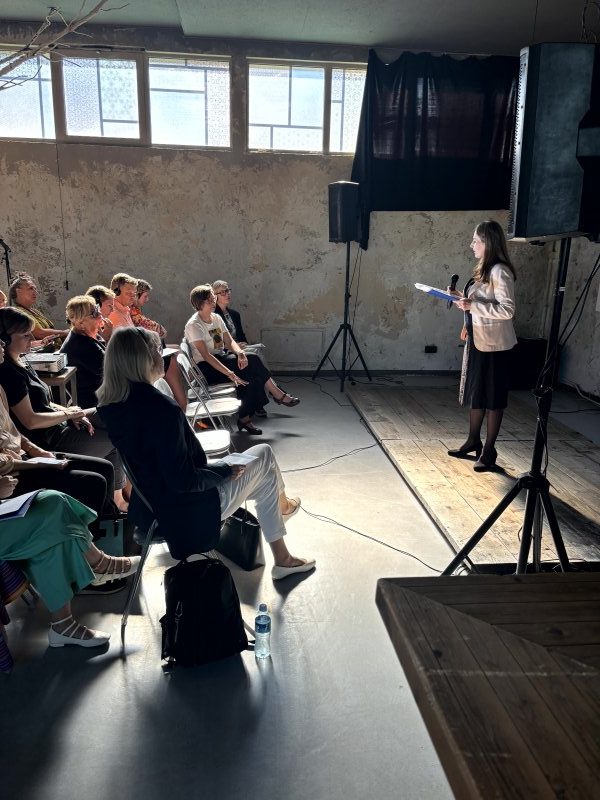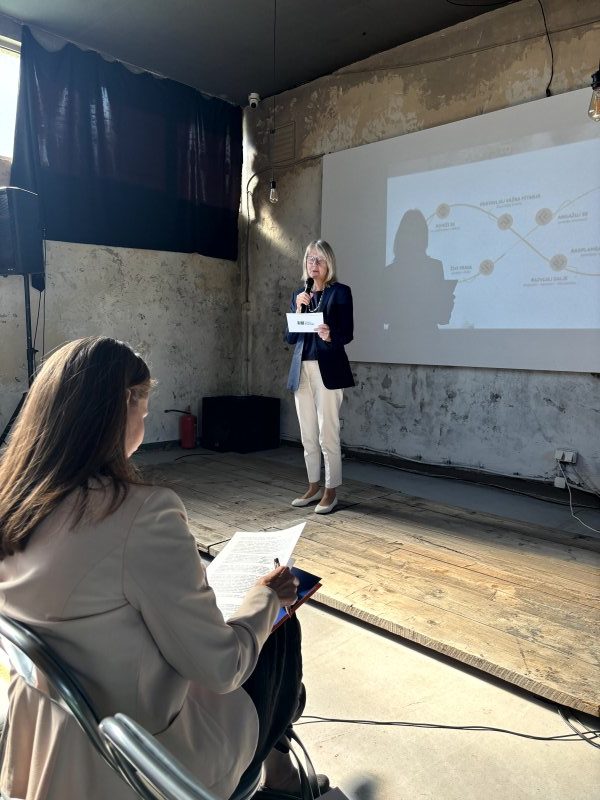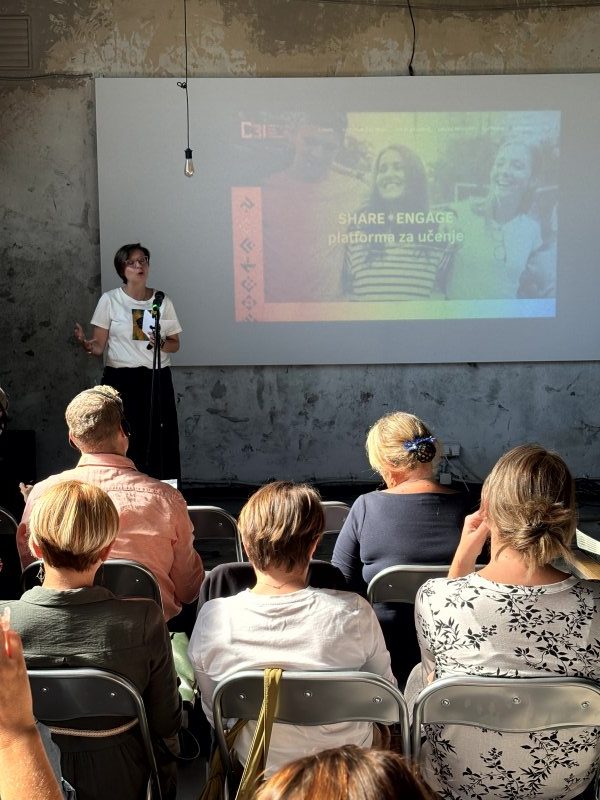Young people believe in values and ideals, and they remind older generations when they stray from the path that leads to the well-being of all people and the preservation of human dignity. In order for these ideals not to remain just ideals, it is important that young people acquire knowledge and skills, develop mechanisms for social participation, and be involved in topics of community interest, said Commissioner for the Protection of Equality, Brankica Janković, at the opening of the conference dedicated to the ENGAGE project.
This is a project that demonstrates how the exchange of experiences and opinions, mutual learning and support, and intergenerational dialogue contribute to greater youth engagement in the fight for and protection of human and children’s rights. It is being implemented by C31 – Center for the Development of the Culture of Children’s Rights from Serbia and the Raoul Wallenberg Academy from Sweden, with the support of the Swedish Institute and the Embassy of Sweden in Belgrade.
According to the Commissioner, the institution of the Commissioner for the Protection of Equality pays special attention to young people. Through workshops, trainings, and dialogues with educational institutions, efforts are made to raise awareness and recognize discrimination, as well as to develop skills for active participation of young people in school communities. It is extremely important that in projects like this one, which we are discussing today, young people are in focus not as passive observers, but as active agents of change, the Commissioner added.
It is our obligation to spread knowledge, support, and empathy. To be allies to one another, not to remain silent in the face of injustice, but to be part of the solution. That is why we need initiatives like the ENGAGE project, whose goal is to create an educational platform for young people, their teachers, and all those who believe in education, so that through engaging with relevant issues they develop critical thinking and creativity, and through their actions contribute to a better society in which everyone has equal rights and opportunities, concluded the Commissioner.
